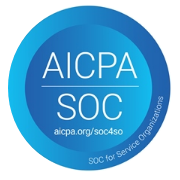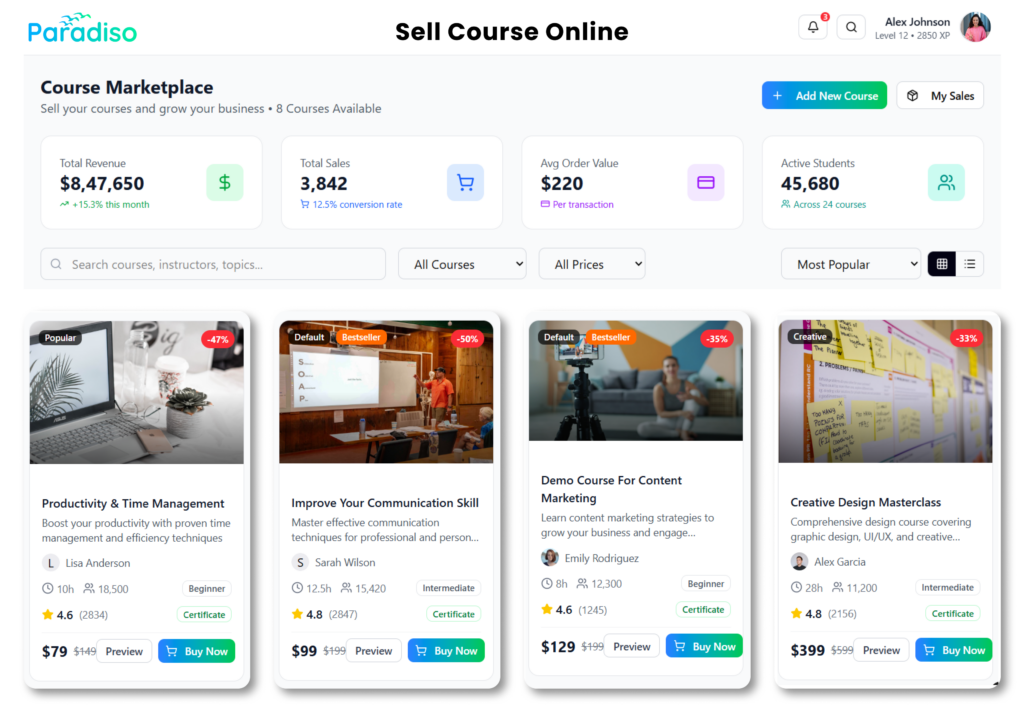Learning Management Systems (LMS) are widely used by associations to deliver continuing education (CE) courses, professional development, and certification programs to their members. These systems allow associations to manage the entire learning process, from creating and delivering content to tracking progress and generating certificates. An LMS for associations typically includes features such as customizable course content, where associations can create and upload their own course materials, such as presentations, videos, and quizzes. It also includes learning tracking and reporting, where associations can track members’ progress through the course and generate reports on completion rates, performance and other data.
Additionally, an LMS for associations can support the process of issuing CE credits, professional development hours and certification for members who have completed the training. It can also include online testing and exam proctoring to ensure the integrity of the certification process. Furthermore, an LMS for association can facilitate communication and collaboration among members through features like online discussion boards, chats, and webinars.
What exactly does a great Associations LMS do?
Content Storage
A content library is a place where you can store digital learning materials in an ideal LMS. Your library should ideally be able to be set up in a variety of ways to create individual courses or groups of content organized by topic. You will be able to organize all of your content, create courses, and structure learning resources using this feature in a way that benefits your members.Responsive Site
Your learning management system (LMS) should allow you to personalize and brand it for your company. Members can use it on their phones, laptops, or tablets because it should respond to all devices. Between your main website and your learning platform, you can use this feature to set an overall aesthetic.Ability to Create Gated Content
With gated content, differentiate between materials that are available to everyone and members-only content. In most cases, this indicates that you cannot view the materials unless you are logged in or have access to them. You can really personalize your content for your members with this feature. It makes the learning programs unique, which makes them more valuable. By offering paid content to both members and non-members, you can also generate revenue without charging a fee.Assessments and Tests
Your members have the opportunity to check their learning with the help of testing tools that deliver and score online exams and evaluate member learning progress. You’ll know exactly where your members are at and what additional or different learning materials you might want to give them to help them achieve their learning goals, which is another benefit for you. It might also let you know if your classes are working as you want them to.Certifications
Once members have passed all necessary quizzes and exams, your LMS can grant them the certificate or document of the courses they complete. These should be downloadable and/or printable so that members can save them for their own records. This take-away after a course is great for bringing to job interviews, to add to a resume or to post on their LinkedIn accounts.eCommerce Features and Online Payment
An LMS that is based on online learning should provide members an easy way to pay for courses online. Customize payment options and packages to create flexible payment options and meet a wide variety of members’ needs.Must-have features to look for in Associations LMS
When looking for a Learning Management System (LMS), it is important to consider the features that are most important for your organization’s needs. Here are some must-have features to look for when evaluating different LMS options:
- Content creation and management: The LMS should have tools for creating and uploading various types of content, such as text, images, videos, and quizzes. It should also have an easy-to-use content management system that allows you to organize and structure your content in a way that is easy for students to navigate.
- Learning tracking and reporting: The LMS should provide detailed reports on student progress, completion rates, and performance. It should also allow you to set up custom reports and track student engagement.
- Communication and collaboration: The LMS should have built-in communication and collaboration tools, such as discussion boards, chat, and video conferencing, to facilitate communication and collaboration among students and instructors.
- Testing and assessment: The LMS should have a variety of assessment tools, such as quizzes, tests, and exams. It should also be able to automatically grade assessments and provide feedback to students in real-time.
- Accessibility and scalability: The LMS should be accessible to students with different learning styles and abilities. It should also be able to accommodate a large number of users and handle high traffic volume.
- Integration with other tools: The LMS should be able to integrate with other tools, such as student information systems, analytics tools, and payment gateways.
- Mobile compatibility: The LMS should be mobile-friendly, so learners can access the content and features on-the-go.
- Data security: The LMS should have strong security features to protect student data and meet compliance requirements.
- Support and Training: The LMS provider should offer excellent customer support and training to ensure successful implementation and adoption of the system.
It’s also important to note that not all LMSs will have all of these features, so it’s important to prioritize which features are most important for your organization’s needs and find an LMS that fits those needs as closely as possible.
Final Thoughts:
Learning Management Systems (LMS) are an essential tool for associations looking to deliver continuing education, professional development, and certification programs to their members. A great LMS for associations should be able to effectively manage and deliver online learning content and resources, track student progress, and provide an overall seamless and efficient learning experience. By selecting Paradiso LMS that best meets their needs and provides a comprehensive and personalized learning experience for their members.













